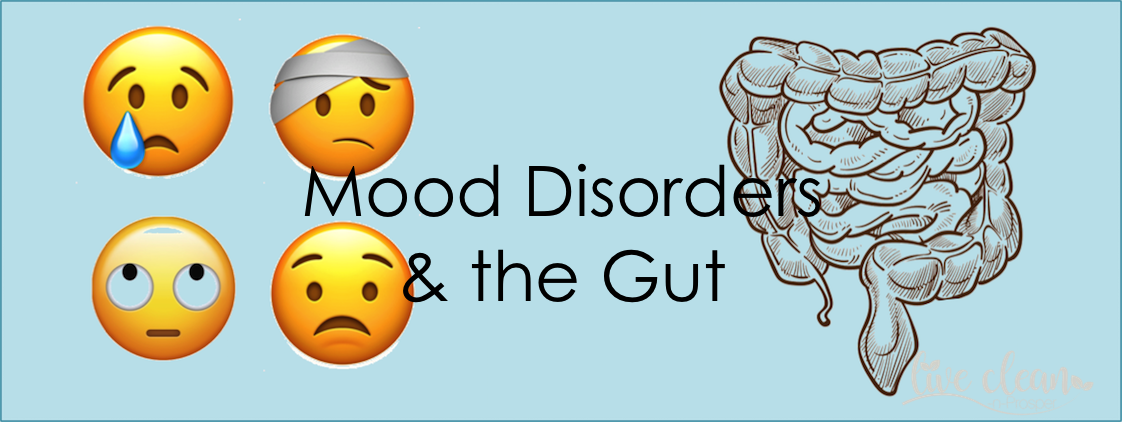Todays post is about Ginkgo Biloba.
Scott recently completed an assignment on this herb and it’s use for treating dementia. So we thought that we would share some of the information he found while researching this topic.
First, what is Ginkgo biloba?
Native to China, Ginkgo biloba, has many common names such as as ginkgo or gingko, fossil tree, Japanese silver apricot, and the maidenhair tree.
Now considered endangered, it is one of the oldest living species of tree. It is the last living relative of a plant which first appeared over 290 million years ago.
The tree was cultivated early in human history and the leaf extract remains commonly used as a dietary supplement.
What is it used for?
Ginkgo biloba extract is collected from the dried green leaves of the plant and is available as liquid extracts, capsules, and tablets.
The extract is used as an herbal remedy to treat many conditions including anxiety, allergies, dementia, eye problems, tinnitus, and other health problems.
How the extract works is not well understood. Scientists believe that this is mostly due to its synergistic effects on the whole of body systems. However, it is thought the antioxidant properties of the ginkgo are a major factor.
One study found that people with generalised anxiety disorder who took ginkgo experienced better anxiety relief than those who took a placebo. Researchers also found positive study results for ADHD, autism, and generalised anxiety disorder, but indicated more research is needed.
In regards to Dementia,
A research group determined that the use of ginkgo extract was useful in the prevention of various dementias. in particular when standard medical treatment was ineffective.
In 2016 a clinical trial was conducted involving 410 patients over 24-weeks. The patients were given a dose of ginkgo extract (known as EGb 761) to alleviate non-psychiatric symptoms associated with dementia such as anxiety, sleep disturbance and apathy.
The results determined that the EGb 761 was safe and effective at alleviating the symptoms associated with dementia without the side effects associated with conventional medication.
Further review determined the extract was in fact able to stabilise or slow the decline in cognition over 22-26 weeks.
There is a large amount of research that indicates early intervention works best. While it is debatable whether Ginkgo biloba extracts will reverse dementia it does appear clear that it will stem the progression of the disease.
Are there side effects?
Ginkgo is generally safe for healthy people to use in moderation for up to six months.
However, it may cause an allergic reaction in some people. Your risk may be higher if you’re allergic to urushiols. Urushiols are the oily resin found in poison ivy, sumac, poison oak, and mango rind.
The extract may increase bleeding. Don’t use ginkgo if you have a bleeding disorder or take medications that may increase your risk of bleeding.
Don’t replace a current medication or commence taking ginkgo to treat a serious condition without consulting your health professional.
We hope that you have found this information interesting.
Till the next post,
Live clean n Prosper.
Sources – Wikipedia – National Centre for complementary and Integrative Health – Drugs.com – Medical News Today –



